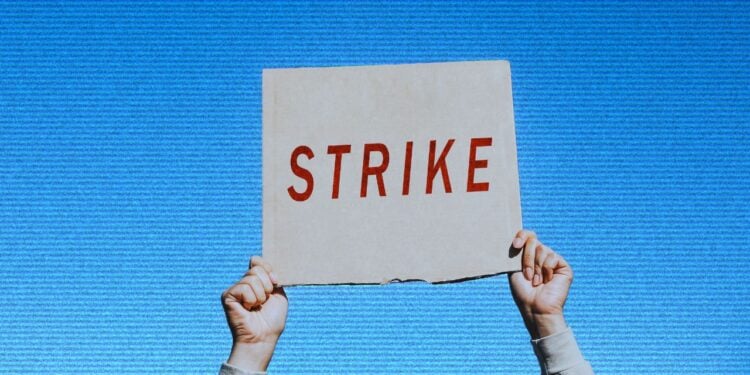Recent events in the automotive industry have sparked a broader conversation about the future of work and the role that labor unions have in shaping it.
According to a recent article published by Fortune, a poll conducted by AP-NORC revealed that 36% of Americans sympathize with the workers in their dispute with the Big 3 Detroit carmakers: Ford, General Motors, and Stellantis. On the other side, only 9% are in support of the automakers — with the remainder either supporting both or neither.
The current sentiment reflects a growing trend of U.S. support for labor unions. This year alone has witnessed strikes in Hollywood, a narrowly averted walkout by Teamsters at United Parcel Service, and now picket lines outside major U.S. auto plants.
The AP-NORC survey further highlights that 51% of respondents believe labor unions benefit U.S. workers, while only 15% think they harm them. Additionally, about one-third feel unions positively impact the U.S. economy, whereas 22% believe they damage it.
The United Auto Workers (UAW) strike, which began on September 15, is primarily centered on demands for larger pay raises, a shorter four-day workweek, an end to lower-pay tiers for new workers, and restrictions on the use of temporary workers, according to Fortune.
The AP-NORC poll indicates that six in ten people believe better pay for autoworkers would be beneficial. However, the public remains divided on the UAW’s specific demands beyond pay raises. For instance, 38% think a four-day work week is a good idea and 21% oppose it.
Strikes from major labor unions are forcing large corporations to negotiate new policies for the workforce. The final outcome of these negotiations and the impact they will have on the U.S. workforce remains to be seen. However, the effectiveness of bringing national attention to niche demands like a four-day workweek shows how other industries are watching with a close eye.















